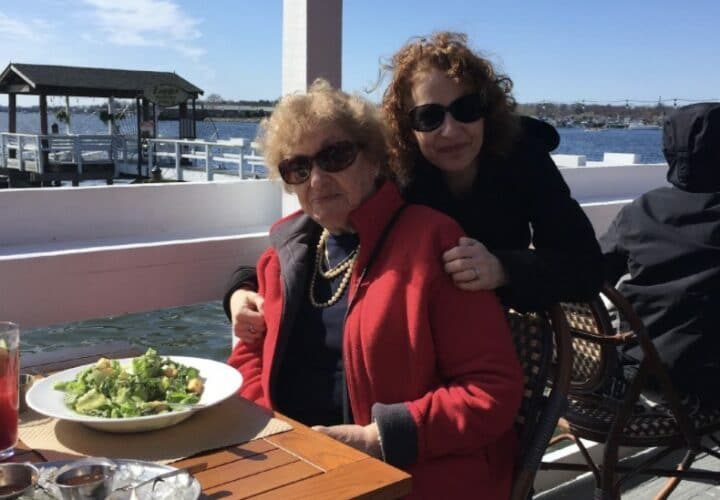Alzheimer’s disease is considered fatal because it often leads to death. But dying of Alzheimer’s is a bit more complicated than that.
Alzheimer’s disease is a neurodegenerative disorder that affects more than six million Americans aged 65 or older. It is characterized by the loss of memory and other cognitive functions, as well as the buildup of certain proteins, like beta-amyloid and tau, in the brain. Because it has no cure and often leads to death, Alzheimer’s is considered a fatal disease. But death from Alzheimer’s isn’t that straightforward.
In fact, as one 2020 study in JAMA Neurology found, dementias including Alzheimer’s may be underreported as a cause of death by as many as nearly three times. That’s because, while neurodegenerative diseases like Alzheimer’s are the underlying cause of death, many death certificates list the complications caused by dementia as the reason for death instead.
What happens in end-stage Alzheimer’s?
“In the early stages of dementia, people have memory problems, and in moderate stages, they might have difficulty with relating to other people, relationships, and perhaps their behavior and distress becomes an issue,” Liz Sampson, an expert in end-of-life-care and a professor at University College London, told Being Patient. “Then as the brain cells die off more quickly, more fundamental parts of the brain become affected — the parts of the brain that coordinate movement.”
In these later stages, many other physical challenges arise as cells in their brain gradually die off. These dying brain cells affect everything from memory and awareness, to speech and language, to mobility, to the ability to swallow food and water.
As these changes progress, it becomes impossible for a person to live independently, and eventually, many people with Alzheimer’s die from complications caused by the disease.
What is the most common cause of death in Alzheimer’s?
As people’s muscles weaken, and they lose their appetite and ability to feed themselves, many of the body’s organs begin to falter. These circumstances then create a domino effect of other complications.
“Many people will die from other causes, such as heart failure, stroke, accidents and all of the other things that we’re at risk of dying from when we get older,” Sampson said.
With a weakened immune system, one of the most common causes of death for people with Alzheimer’s is pneumonia. Other common causes of death at this stage include:
- sepsis
- dehydration
- injuries from falls
- kidney failure
- bedsores
- COVID-19, and the complex tangle of factors that come along with it — from lower quality of care due to staff shortages, to changes in daily routine (including increased isolation)
In many cases, there are still ways to make end-of-life care more comfortable for a person with Alzheimer’s. Learn more about them here.




